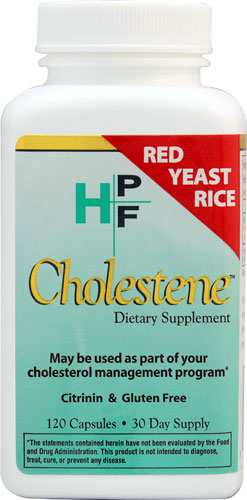You're welcome to sweat up a storm and get your thumper thumping when you practice yoga, so that you can cross “exercise” off your heart-health to-do list. But if you want yoga to keep your ticker in shape, you're better off tapping its calming qualities, which combat stress, a big heart killer. Landmark research backs this.
In 2010, Medicare began covering the Ornish Program for Heart Disease. The program, first devised in the 1970s, uses no-brainer lifestyle habits, such as physical activity and proper diet.
But it also incorporates stress management, with techniques rooted in restorative yoga and meditation. The program has been shown to even reverse heart disease, meaning blockages shrink and the heart functions better. A team that included Dean Ornish, the physician who headed the work, performed peer-reviewed studies in 1990 and 1998 showing the reductions in coronary artery blockages. Much of yoga's power here goes to the steady, deep breathing of the practice's slow-moving styles, such as restorative—which aims to do exactly what it's named: restore you.
As a general overview, the Ornish Program calls for an hour of gentle yoga each day, moderate exercise (three hours a week), a low-fat plant-based diet, no smoking and supportive relationships. The combo “creates a powerful healing path,” according to literature from the program. Of course, it's hard to know exactly how much credit the yoga component deserves. But it's hard to deny it played a decent role—researchers from the studies have acknowledged as much—given yoga's documented ability to reduce stress, which strains the heart by raising blood pressure and heart rate, to name just two liabilities. Plus, plenty of other research has shown yoga's coronary benefits.
Almost any gentle yoga moves can help your heart when strung together. The Ornish Program has its favorites though: Cobra, Half Locust, Seated Forward Bend, Spinal Twist, Fish and Legs Up on a Chair, along with reclined rests and breath-work. Doing the sequence every day helps change energy patterns and affect blood flow, and repeating the same poses makes for easy recall, according to the program.
If you are tense, you absolutely will benefit from a gentle sequence that lasts for an hour; it's impossible to stamp out stress when your body and mind are jacked up. But if you're looking for poses you can do in just 10 minutes in order to activate your parasympathetic nervous system and slow your heart rate, in turn giving your heart a break, try these two. Their attendant breath-work is key.
Legs Up on a Chair (or bed or couch or cushions)
How to: Lie on your back with a chair/bed/couch/cushions ahead, adjusting its height in order to rest your calves on it. You'll likely feel most comfortable if you don't have less than a 90-degree angle at your back knees or less than a 120-degree angle at your front hips. (This pose is a variation of Legs-Up-the-Wall.)
Breath-work: Place your hands on your outer ribs, arms supported by the ground. Inhale to the count of three, drawing a moderate breath into your lower, then upper, ribcage. Pause for the count of two, then exhale to the count of five, letting your ribcage return to its neutral position. Pause for the count of one. Repeat. Feel free to lengthen each breath and the pauses, using the same cadence. You can drop your arms to your sides if that's more comfortable. Remain for 5 minutes.
Relaxation Pose
How to: Lie on your back with a pillow/cushion under your knees and another under your upper back, shoulders and head. Drop your arms a comfortable distance from your torso. This position should feel effortless.
Breath-work: Inhale a moderate breath to the count of five, feeling your breath travel from your ribcage into your chest, then pause for a count of five, and exhale as slowly as you can. Repeat. Remain for 5 minutes.
Journalist and yoga teacher Mitra Malek regularly edits and creates content for wellness-focused outlets, including Yoga Journal, for which she is a contributing editor. Learn more at mitramalek.com.





